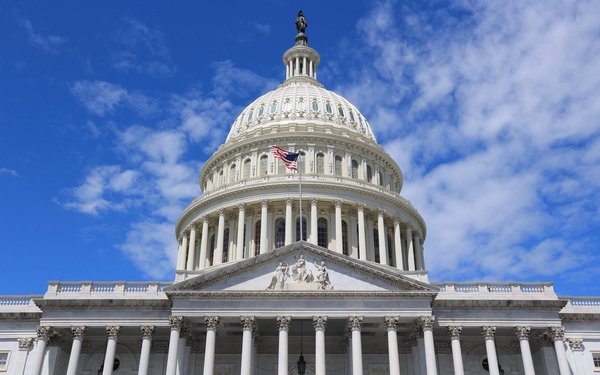
Federal privacy
legislation should include prohibitions on the use of data to discriminate, or to suppress voters, a coalition of advocates says in a new letter to elected officials.
“Personal data are
the raw materials that fuel discrimination,” the Center for Digital Democracy, Consumer Federation of America, New America's Open Technology Institute and other groups write in a letter sent Friday to leaders of the House and Senate Commerce Committees.
“Commercial data practices that process massive quantities of personal data enable and facilitate discrimination on a systematic scale.”
The advocacy groups argue that privacy
legislation should “directly address” the ways in which the use of data can affect people's civil rights. Among other proposals, the groups say Congress should specifically outlaw the use
of data to discriminate in housing, education, employment, insurance and credit opportunities, as well as in public accommodations.
advertisement
advertisement
The organizations don't name any tech companies, but
Facebook has come under fire for allowing landlords, employers and others to exclude people in some demographic categories from viewing ads.
The Department of Housing and Urban Development
recently said in a complaint that Facebook's ad delivery system
discriminates based on characteristics like race and gender -- even when advertisers don't want to do so. The company recently agreed to settle civil rights lawsuits brought by the ACLU, National Fair
Housing Alliance and others.
Signatories to Friday's letter also specifically seek to outlaw the use of data “to engage in deceptive voter suppression.”
That request
appears to be driven, at least in part, by a report prepared for lawmakers by the organization New Knowledge, and released last December. According to that report, Russian operatives attempted to
discourage black people from voting in the 2016 presidential election.
The letter comes as lawmakers are preparing new federal privacy legislation. Earlier this month, at least three separate
bills were introduced. Sen. Ed Markey (D-Massachusetts) unveiled a
bill that would require companies to obtain people's opt-in consent before collecting or sharing their personal information. Markey's proposed Privacy Bill of Rights Act would also prohibit companies
from using data in ways that discriminate based on factors like race, religion and gender.
Sens. Ron Wyden (D-Oregon), Cory Booker (D-N.J.) and Rep. Yvette D. Clarke (D-N.Y.) separately
introduced the Algorithmic Accountability Act, which would require companies to study whether their algorithms pose risks to privacy, as well as whether they may result in inaccurate, unfair or
discriminatory decisions.
In addition, Sens. Mark Warner (D-Virginia) and Deb Fischer (R-Nebraska) introduced the Deceptive Experiences To Online Users Reduction (DETOUR) Act, which aims to prevent companies from duping people into consenting to data collection.